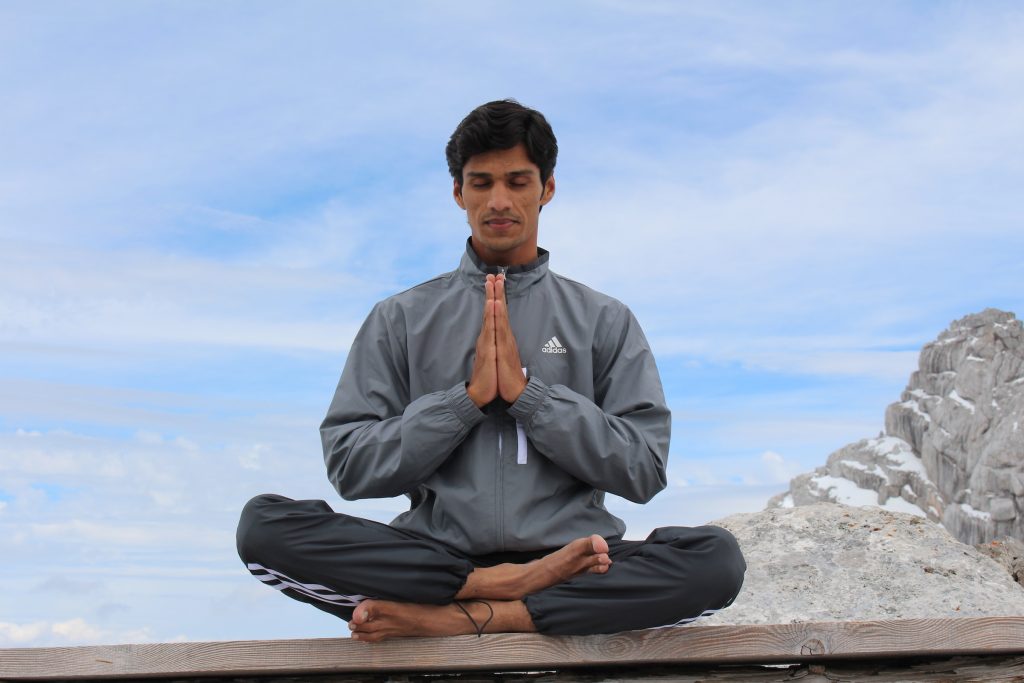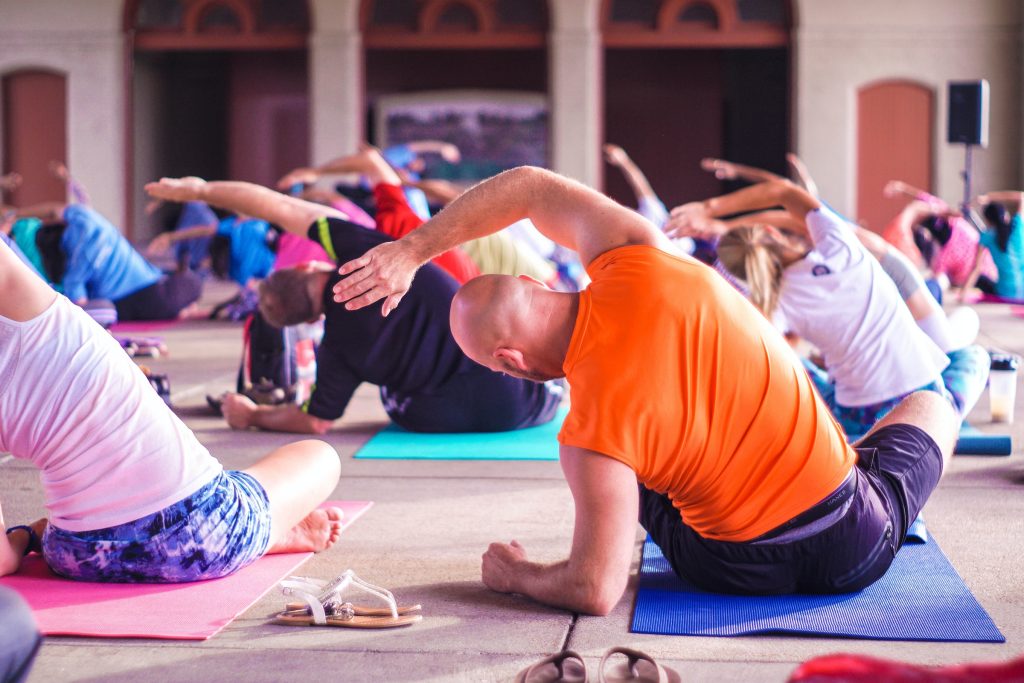Yoga is a group of physical, mental, and spiritual practices that has its origin in ancient India. This ancient practice encompasses a broad variety of techniques and activities that are designed to promote physical health, relaxation, and spiritual growth. When it is integrated into daily life, yoga has a wide variety of benefits from managing chronic pain, to stress relief, to improving physical fitness and can contribute to an enhanced lifestyle.
Look at the History and Philosophy of Yoga
Contents
The practice of Yoga harks back to the pre-Vedic Indian traditions, possibly around 3000 BCE. It has since evolved, blending philosophy and asanas (postures) to form a holistic approach towards well-being. The philosophy behind Yoga extends beyond simple exercise routines to incorporate mindfulness and spiritual rejuvenation. Thus, the deep-rooted principles revolve around harnessing inner peace and equipping individuals to lead a balanced lifestyle.

Philosophy into Practicality
Yoga achieves this by simultaneously balancing the mind and body. Regular physical activity and deliberate breathing assist to relax the mind and regulate how the body functions. Numerous benefits result from this for several areas of health, such as digestion, mental health, and cardiovascular health.

Furthermore, the area of osteopathic medicine is beginning to acknowledge the therapeutic potential of yoga. Yoga is a well-liked therapeutic modality in the osteopathic medical sector because osteopathic physicians are particularly interested in how it might support their holistic and practical approach to health.
The Numerous Benefits
Yoga offers a treasure trove of benefits that extend far beyond increased flexibility and muscle tone. This ancient practice cultivates both physical and mental well-being, enriching your life in countless ways.
Physical Benefits:

- Enhanced flexibility and range of motion: The yoga postures gently stretch and lengthen your muscles which will improve your ability to move with fluidity and grace.
- Increased muscle strength and tone: Holding postures engages and strengthens various muscle groups, which will lead to a stronger and more toned physique.
- Improved balance and coordination: Yoga poses a challenge to your balance and stability that can enhance your coordination and prevent falls.
- Boosted cardiovascular health: Certain yoga styles incorporate dynamic movements that will elevate your heart rate and improve cardiovascular fitness.
- Better pain management: Yoga can effectively alleviate pain associated with chronic conditions like arthritis and back pain.
Mental and Emotional Benefits:

- Reduced stress and anxiety: Yoga practices like breathing exercises and meditation calm the mind, helping you manage stress and anxiety effectively.
- Improved mood and well-being: Yoga promotes the release of mood-boosting chemicals in the brain, leading to a more positive outlook and a greater sense of well-being.
- Enhanced mental clarity and focus: Yoga helps quieten the mind and sharpen your focus, improving your concentration and productivity.
- Increased self-awareness: Through yoga, you become more attuned to your physical sensations, emotions, and thoughts, fostering greater self-understanding.
- Better sleep quality: Yoga’s calming effect promotes relaxation and helps you fall asleep faster and sleep more soundly.
Additional Benefits:

- Strengthened immune system: Regular yoga practice can boost your immune system, making you less susceptible to illness.
- Improved respiratory function: Yoga breathing exercises enhance lung capacity and oxygen intake, leading to better breathing and overall health.
- Increased energy levels: Yoga promotes the release of endorphins, which energize the body and combat fatigue.
- Enhanced self-discipline and self-compassion: Yoga teaches you discipline and commitment to your practice, while also fostering self-acceptance and compassion.
Yoga and Osteopathic Medicine: A Powerful Combination for Health
Osteopathic medicine is a unique approach to healthcare where the body’s inherent ability to heal itself is emphasized. Unlike traditional medicine, which focuses on the disease symptoms, Osteopathy takes a holistic view of the patient’s well-being. This takes into consideration the interconnectedness of the musculoskeletal system, bodily systems, and overall lifestyle.

Yoga places great emphasis on physical postures, mindfulness, and breathwork that align beautifully with the principles of osteopathic medicine. By practising this, you can enhance bodily functions through the stretches that will allow you to strengthen muscles, and improve your flexibility and balance. You can also promote better circulation which will allow your body systems to run optimally as well.
Furthermore, the poses found in Yoga also help to achieve better posture by aligning the spine and improving the overall alignment of the body. This alignment helps reduce pain and discomfort and will make you look more confident in your posture. Finally, there is the stress reduction and mindfulness aspect that can boost your immune system and improve your overall health which makes you more resistant to disease and illness.

These two aspects are symbiotic in that they follow similar principles when it comes to your health. If you can implement these two aspects together, you will be able to live a more holistic life.
Incorporating this practice into daily life brings about a lot of great benefits. These improvements extend beyond the physical domain and impact mental health as well, leading to an increased level of well-being. Regular yoga practice can lead to these significant advantages as well as a healthier, more balanced way of living.

